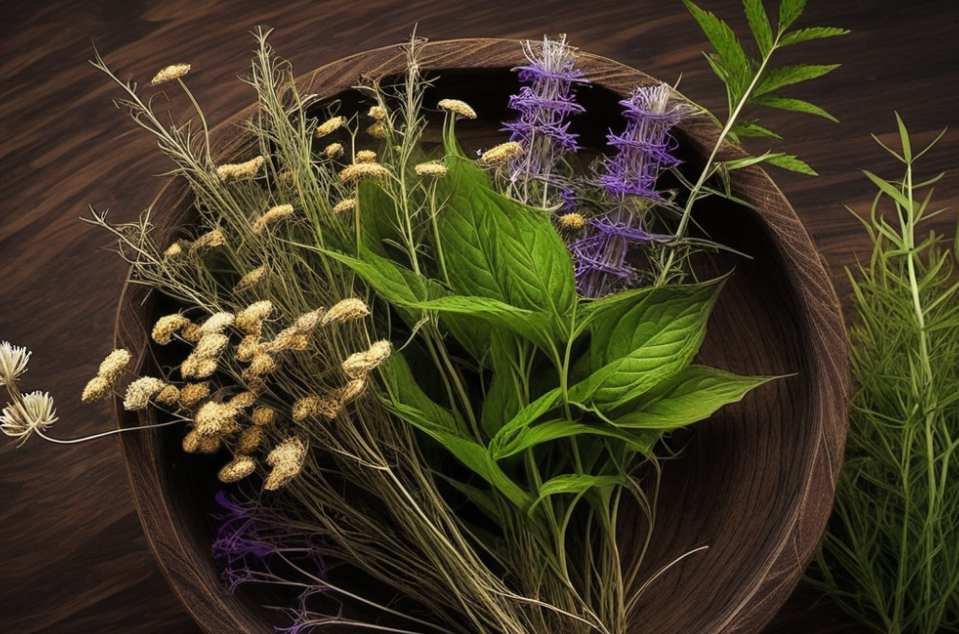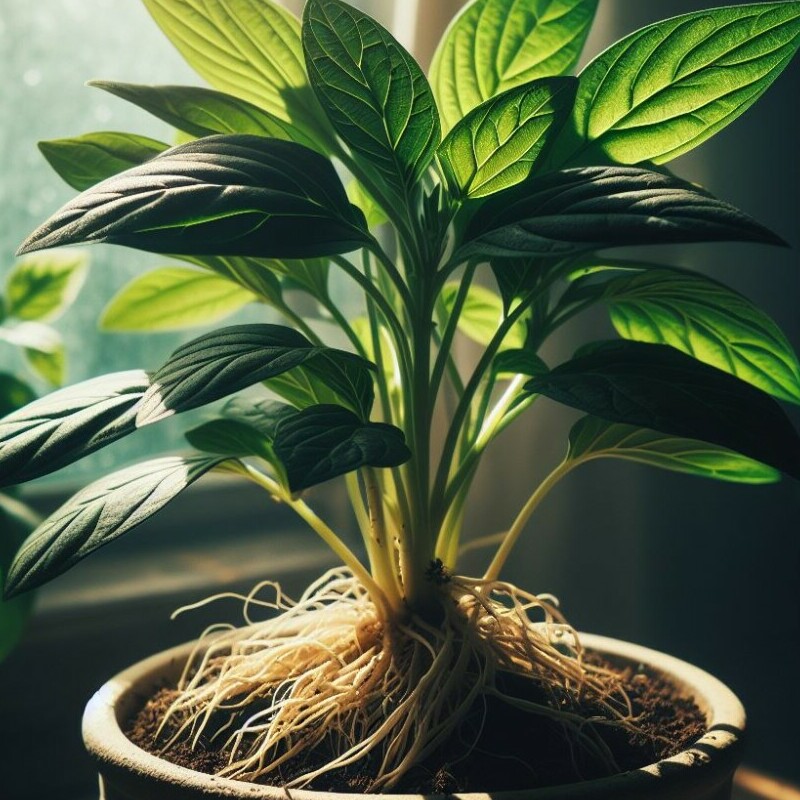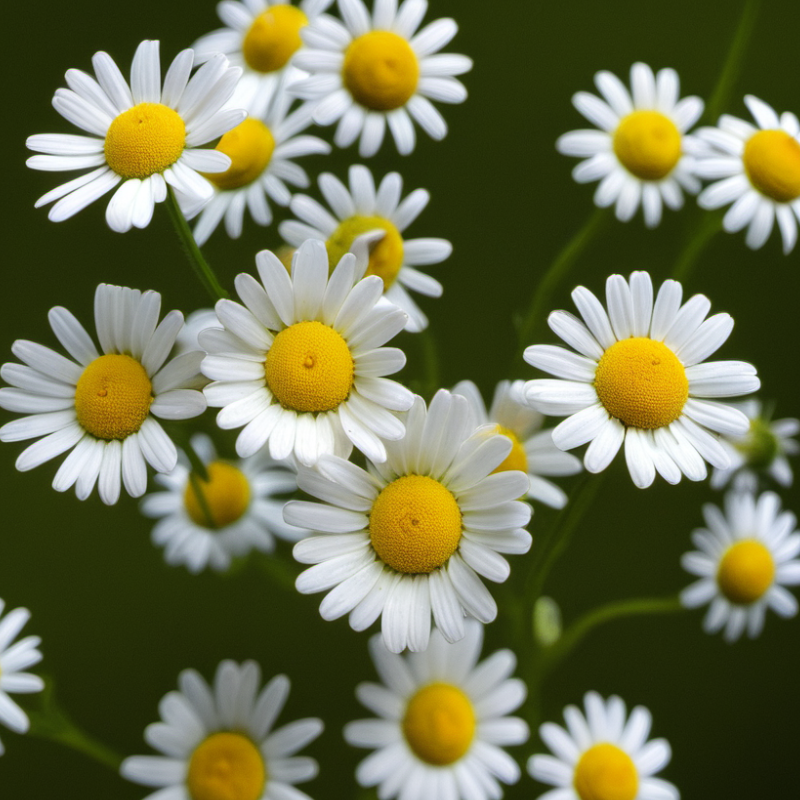Understanding Anxiety and Stress: The Need for Natural Remedies

Exploring the nuances of stress and anxiety and their impact on daily life
Stress and anxiety are common aspects of daily life, influencing both mental and physical well-being. While stress is a response to external pressures, anxiety often involves excessive worry about future events. Chronic stress can lead to health issues, while persistent anxiety may impair daily functioning. Effective.coping strategies, such as mindfulness and self-care, can help manage these challenges. If stress or anxiety significantly impact your life, seeking support from friends, family, or professionals is crucial for maintaining mental health.
Identifying when professional help is necessary
Professional help may be necessary if stress or anxiety significantly disrupts your daily life, interferes with relationships, or affects your physical health. Warning signs include persistent feelings of hopelessness, severe panic attacks, inability to perform daily tasks, and withdrawal from social activities. If self-help strategies prove insufficient, consider seeking assistance from mental health professionals such as psychologists, psychiatrists, or counselors. They can provide specialized support and interventions tailored to your needs, promoting a healthier mental state. Always prioritize seeking help if you feel overwhelmed or unable to cope on your own.
Discussion on the growing interest in herbal remedies as an alternative or supplement to traditional medicine
The growing interest in herbal remedies reflects a broader shift towards holistic and natural approaches to health. Many people seek alternatives or supplements to traditional medicine, drawn to the perceived gentleness and fewer side effects of herbal options. Herbs like echinacea, ginger, and lavender are popular choices for various health concerns.
While some herbal remedies have demonstrated benefits, it’s essential to approach them with caution. Herbal products can interact with medications or cause adverse effects. Scientific research on herbal remedies is ongoing, and not all claims are supported by robust evidence.
It’s advisable to consult healthcare professionals before incorporating herbal remedies, ensuring they complement rather than contradict conventional treatments. Striking a balance between traditional medicine and herbal options allows for a comprehensive approach to health and wellness.
Importance of consulting with healthcare providers before beginning any herbal regimen

Consulting with healthcare providers before starting any herbal regimen is crucial for several reasons. First, herbs may interact with medications, potentially affecting their efficacy or causing adverse reactions. Healthcare professionals can assess potential interactions based on your medical history.
Second, individual health conditions may require personalized advice. What works for one person may not be suitable for another, especially if there are underlying health issues or allergies.
Lastly, healthcare providers can guide you on proper dosage, potential side effects, and the overall safety of herbal remedies. Their expertise ensures a well-informe0d and balanced approach to integrating herbal supplements with conventional treatments, promoting your overall well-being.
Navigating the World of Herbal Remedies: Foundations for Beginners
- Overview of popular herbs commonly used for stress and anxiety relief
1. Lavender: Known for its calming properties, lavender is often used in aromatherapy or as an essential oil.
2. Chamomile: Traditionally consumed as a tea, chamomile has mild sedative effects that can help reduce anxiety and promote relaxation.
3. Valerian Root: Often used as a supplement, valerian root may help with anxiety and improve sleep quality.
4. Ashwagandha: An adaptogenic herb, ashwagandha is believed to help the body manage stress and promote a sense of calm.
5. Passionflower: This herb is thought to have mild sedative effects, making it useful for calming nerves and promoting relaxation.
6. Rhodiola Rosea: Known as an adaptogen, rhodiola may help the body adapt to stress and improve mood.
7. Holy Basil (Tulsi): Widely used in Ayurvedic medicine, holy basil is believed to have anti-anxiety and stress-relieving properties.
Always consult with a healthcare professional before incorporating new herbs into your routine, especially if you are on medication or have pre-existing health conditions
Understanding the potential benefits and risks associated with herbal remedies
Potential Benefits of Herbal Remedies:
1. Natural Approach: Herbal remedies often provide a natural alternative to pharmaceuticals, appealing to those seeking holistic approaches.
2. Mild Side Effects: Many herbs have fewer side effects compared to synthetic medications, making them gentler on the body.
3. Traditional Wisdom: Herbal remedies draw from centuries of traditional use in various cultures, indicating potential efficacy.
4. Support for Mental Health: Certain herbs, like St. John’s Wort, have been studied for their positive effects on mood disorders.
5. Adaptogenic Properties: Adaptogens, like ashwagandha and rhodiola, may help the body adapt to stress and maintain balance.
Potential Risks:
1. Interaction with Medications: Herbal remedies can interact with prescribed medications, affecting their efficacy or causing adverse reactions.
2. Quality Control: Herbal supplements may lack standardized formulations, leading to variations in potency and quality.
3. Allergic Reactions: Some individuals may be allergic to specific herbs, causing adverse reactions.
4. Misuse and Overuse: Incorrect dosage or prolonged use of certain herbs may lead to toxicity or other health issues.
5. Lack of Scientific Evidence: While some herbs have shown promise, not all have undergone rigorous scientific testing, leading to uncertainty about their effectiveness.
How to choose quality herbal products and the importance of sourcing
Choosing Quality Herbal Products:
1. Look for Standardization: Choose products with standardized herbal extracts, ensuring consistent levels of active ingredients.
2. Third-Party Testing: Opt for brands that conduct third-party testing to verify the purity and potency of their herbal supplements.
3. Research Brands: Select reputable brands with a history of quality manufacturing practices. Customer reviews and professional recommendations can help guide your choice.
4. Check for Certifications: Look for certifications from reputable organizations like the U.S. Pharmacopeia (USP) or NSF International, indicating adherence to quality standards.
5. Full Ingredient Disclosure: Ensure that the product lists all ingredients, including any additives or fillers. Transparency is key.
6. Avoid Proprietary Blends: Choose products that clearly state the dosage of each herb, avoiding proprietary blends that don’t specify individual amounts.
Importance of Sourcing:
1. Grown in Ideal Conditions: High-quality herbs are often grown in specific regions with optimal climate and soil conditions, ensuring the best potency.
2. Avoid Contaminants: Proper sourcing helps minimize the risk of contamination with pesticides, heavy metals, or other pollutants.
3. Ethical Harvesting: Look for products from companies committed to ethical harvesting practices, promoting sustainability and fair treatment of workers.
4. Wildcrafted or Organic: Products labeled as wildcrafted or organic may indicate a higher level of purity, as they often involve fewer pesticides and synthetic inputs.
5. Traceability: Sourcing information should be transparent, allowing consumers to trace the origin of the herbs used in the product.
By paying attention to these factors, you can enhance the likelihood of choosing high-quality herbal products that are both effective and safe.
Integrating herbal remedies into a holistic approach to wellbeing
Holistic Approach to Wellbeing with Herbal Remedies:
1. Consult with a Professional: Before incorporating herbal remedies, consult with a healthcare professional to ensure they align with your individual health needs.
2. Balanced Diet: Pair herbal remedies with a balanced and nutritious diet to provide essential nutrients that support overall health.
3. Regular Exercise: Engage in regular physical activity to enhance circulation, reduce stress, and complement the holistic approach to wellbeing.
4. Adequate Sleep: Prioritize sufficient and quality sleep, as it plays a crucial role in overall mental and physical health.
5. Mindfulness Practices: Combine herbal remedies with mindfulness practices like meditation or yoga to manage stress and promote mental well-being.
6. Stress Management: Use herbs known for their adaptogenic properties, such as ashwagandha or rhodiola, to help the body adapt to stress.
7. Hydration: Maintain proper hydration by consuming an adequate amount of water, as it is vital for various bodily functions.
8. Limiting Toxins: Minimize exposure to environmental toxins and pollutants to support the body’s natural detoxification processes.
9. Social Connections: Cultivate positive social connections and relationships, as they contribute significantly to mental and emotional wellbeing.
10. Regular Health Check-ups: Schedule regular health check-ups to monitor overall health and address any potential issues proactively.
Remember, a holistic approach considers various aspects of your life, and incorporating herbal remedies is just one element. It’s essential to tailor your approach based on your unique needs and consult with healthcare professionals for personalized advice.
Top Herbal Options for Alleviating Anxiety and Managing Stress
Detailed discussion on herbs like Ashwagandha, Chamomile, and Lavender.
Ashwagandha (Withania somnifera):

1. Adaptogenic Qualities:
– Ashwagandha is classified as an adaptogen, helping the body manage stress by balancing cortisol levels.
– Adaptogens are known for their ability to modulate the body’s response to stressors, promoting homeostasis.
2. Bioactive Compounds:
– It contains various bioactive compounds, including withanolides, which are believed to contribute to its medicinal properties.
– These compounds may have anti-inflammatory and antioxidant effects.
3. Cognitive Benefits:
– Research suggests potential cognitive benefits, including improved memory and cognitive function.
– Neuroprotective properties may play a role in supporting brain health.
4. Immune System Support:
– Ashwagandha has been linked to enhanced immune function, promoting a healthy immune response.
5. Forms of Consumption:
– Available in different forms such as powder, capsules, or liquid extracts.
– Traditional Ayurvedic preparations may involve consuming it with ghee or honey.
Chamomile (Matricaria chamomilla):

1. Chamomile Varieties:
– Two main varieties are used for medicinal purposes: German chamomile (Matricaria recutita) and Roman chamomile (Chamaemelum nobile).
2. Anti-Inflammatory and Antioxidant Properties:
– Chamomile contains flavonoids with anti-inflammatory and antioxidant effects.
– These properties contribute to its traditional use in alleviating conditions like inflammation.
3. Gastrointestinal Benefits:
– Chamomile is known for its soothing effects on the digestive system, potentially helping with indigestion and gastrointestinal discomfort.
4. Sleep Aid:
– Chamomile tea is widely used as a natural remedy for insomnia, thanks to its mild sedative properties.
5. Topical Applications:
– Chamomile extracts or essential oils are sometimes applied topically for skin conditions, owing to its anti-inflammatory effects.
Lavender (Lavandula spp.):

1. Aromatic Properties:
– Lavender’s distinctive aroma is attributed to its essential oils, primarily linalool and linalyl acetate.
– Aromatherapy with lavender is known for its calming effects on the nervous system.
2. Stress Reduction:
– Inhaling lavender oil or using it in diffusers may help reduce stress and anxiety levels.
3. Skin Benefits:
– Lavender is often used in skincare for its antimicrobial and anti-inflammatory properties.
– It may aid in soothing minor skin irritations.
4. Sleep Promotion:
– Like chamomile, lavender is used to promote sleep, and it’s often found in pillows, sachets, or as an essential oil for diffusion.
5. Culinary Uses:
– Lavender is occasionally used in culinary applications, adding a unique flavor to dishes, desserts, or teas.
While these herbs offer potential health benefits, individual responses can vary. It’s advisable to consult healthcare professionals, especially if incorporating these herbs into your routine alongside medications or if you have specific health concerns.
Evidence-based insights on the efficacy of different herbs
Let’s explore evidence-based insights on the efficacy of various herbs:
1. Ashwagandha (Withania somnifera):
– Stress Reduction: Numerous studies suggest that ashwagandha’s adaptogenic properties may help reduce stress.
– Cognitive Function: Some research indicates potential benefits in improving cognitive memory.
2. Chamomile (Matricaria chamomilla):
– Sleep Aid: Chamomile has been studied for its sleep-inducing effects, with findings supporting its efficacy in improving sleep quality.
– Anti-Inflammatory: The anti-inflammatory properties of chamomile, especially German chamomile, have been explored in various studies.
3. Lavender (Lavandula spp.):
– Anxiety and Stress Reduction: Lavender aromatherapy has demonstrated efficacy in reducing anxiety and stress, as supported by several studies.
_Sleep Promotion: Lavender has been studied for its sleep-promoting effects, showing positive outcomes in improving sleep quality.
4. Turmeric (Curcuma longa): anti-inflammatory properties, supported by numerous studies.
Joint Health: Turmeric has been studied for its potential role in managing conditions like osteoarthritis due to its anti-inflammatory effects.
5. **Ginger (Zingiber officinale):
– Nausea and Digestive Health:** Ginger has shown efficacy in reducing nausea, particularly in pregnancy-related nausea and chemotherapy-induced nausea.
– Anti-Inflammatory: Its anti-inflammatory properties contribute to its potential benefits in managing inflammatory conditions.
6. Echinacea (Echinacea purpurea):
– Immune Support: Echinacea has been studied for its potential in reducing the duration and severity of colds, showcasing immune-supportive properties.
– Respiratory Health: Some research suggests a positive impact on respiratory health, especially during viral infections.
These insights highlight the diverse therapeutic potentials of herbs, but it’s crucial to note that individual responses may vary. Always consult with healthcare professionals, especially if considering herbs alongside medications or for specific health concerns.
Personal stories and case studies of individuals benefiting from herbal remedies
1. Chamomile for Sleep:
– Story: Sarah struggled with insomnia and tried various sleep aids with little success. She then turned to chamomile tea before bedtime.
– Outcome: Sarah found that the calming effects of chamomile significantly improved her sleep quality, leading to a more rested feeling in the morning.
2. Turmeric for Joint Pain:
– Case Study: Mark, dealing with arthritis, incorporated turmeric supplements into his daily routine due to its anti-inflammatory properties.
– Result: Over time, Mark experienced reduced joint pain and increased mobility, allowing him to engage in activities he had previously abandoned.
3. Ginger for Nausea:
– Personal Account: Emily faced chronic nausea during pregnancy and explored natural remedies, including ginger.
– Effectiveness: Emily observed that consuming ginger in various forms helped alleviate her nausea, providing a more tolerable pregnancy experience.
4. Echinacea for Immune Support:
– Case Study: James used echinacea supplements during the flu season to boost his immune system.
– Observation: James reported a decrease in the frequency and severity of colds, suggesting potential immune support from echinacea.
While these stories highlight positive experiences, it’s crucial to remember that individual responses to herbal remedies can vary. Additionally, consulting with a healthcare professional before incorporating new supplements is advisable to ensure safety and compatibility with individual health conditions.
Dosage recommendations and tipso on preparation and consumption
I’m not a medical professional, but I can offer general tips. Herbal remedies can vary, so it’s crucial to consult with a healthcare professional. When preparing, follow recommended dosage guidelines, use quality herbs, and consider potential interactions with medications. Common methods include teas, tinctures, or capsules. Start with small amounts to assess tolerance. If you experience any adverse effects, stop use and seek advice. Always inform your healthcare provider about herbal remedies you’re considering.

Implementing Herbal Remedies Into Your Routine: Practical Tips and Precautions
- Step-by-step guide to incorporating herbal remedies into daily life
- Understanding potential interactions with other medications and managing expectations
- Long-term considerations and the importance of lifestyle changes alongside herbal supplementation
- Encouraging a dialogue with healthcare providers about the use of herbal remedies for mental healthlol
